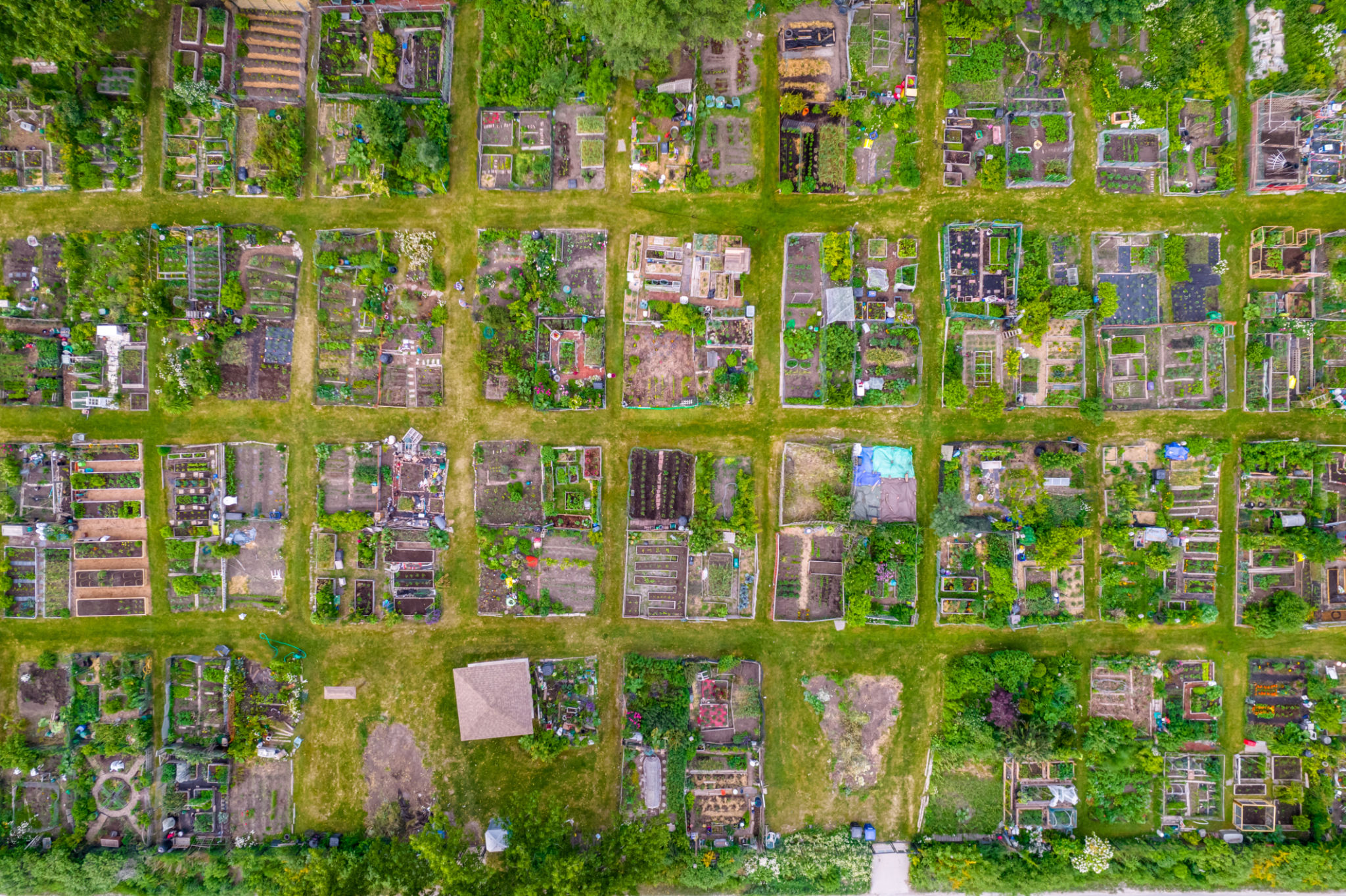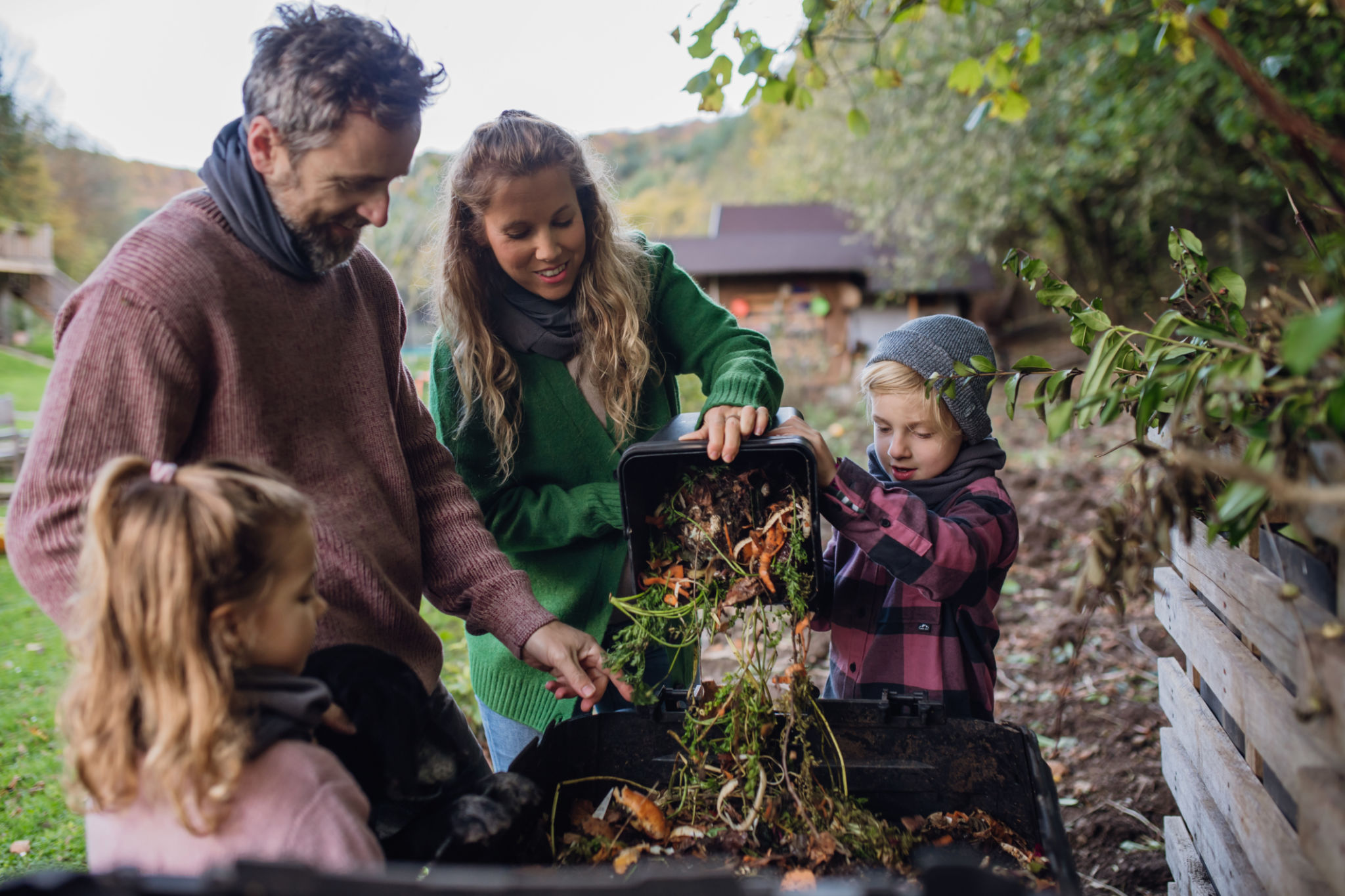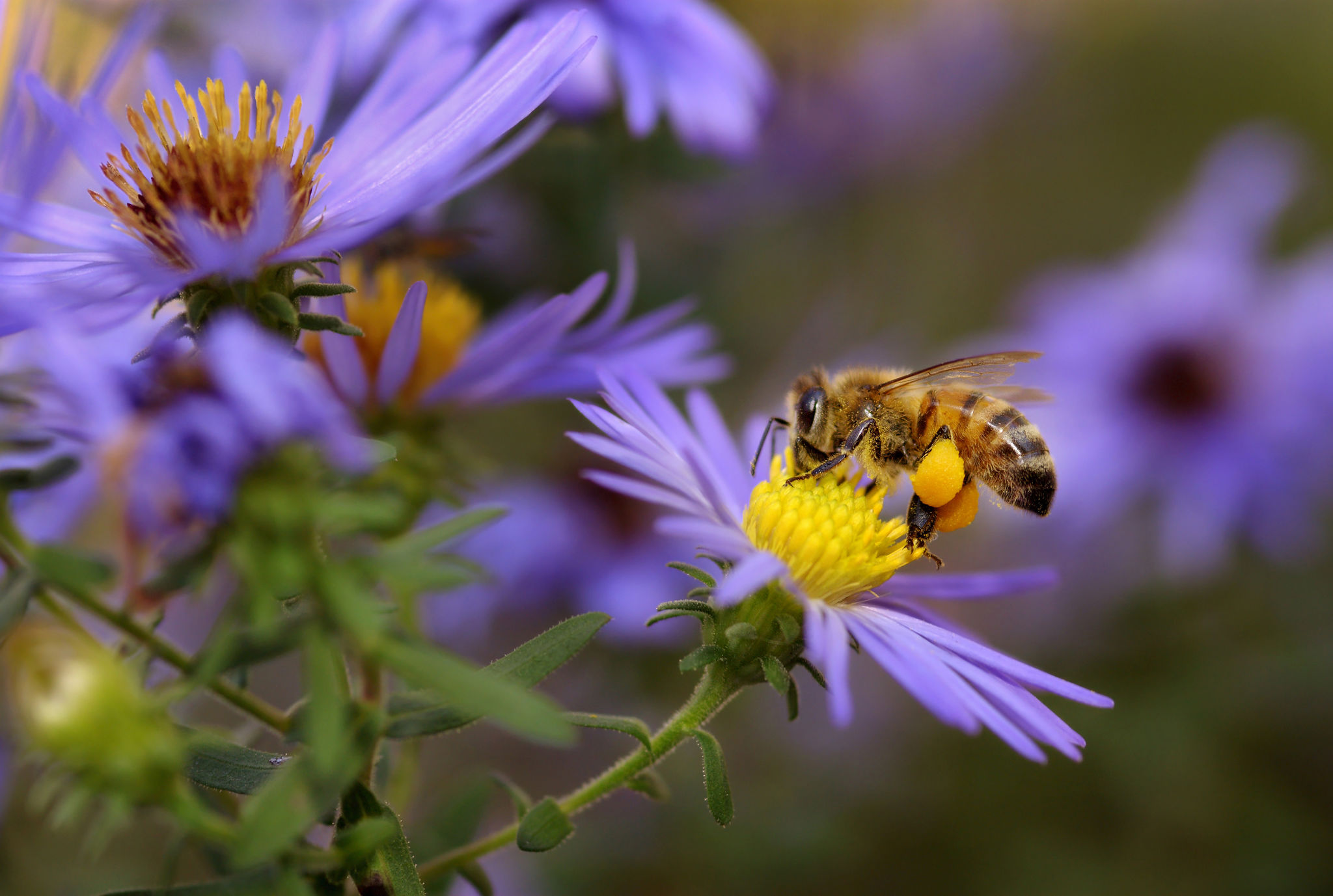Expert Tips for Sustainable Urban Gardening in Trenton
Understanding the Basics of Urban Gardening
Urban gardening is not just a trend; it's a practical solution for city dwellers looking to cultivate their own green spaces. In Trenton, where space is often limited, sustainable urban gardening offers a way to connect with nature, reduce food miles, and enjoy fresh produce. By understanding the basics, you can create a thriving garden even in the heart of the city.
One of the first steps is selecting the right location. Look for areas that receive ample sunlight, as most plants require at least six hours of sunlight daily. If your outdoor space is limited, consider vertical gardening or container gardening as viable options. These techniques maximize space and allow for flexibility in plant placement.

Choosing the Right Plants for Your Garden
When it comes to urban gardening in Trenton, choosing the right plants is crucial. Opt for species that are well-suited to small spaces and can thrive in containers. Herbs like basil, mint, and parsley are excellent choices, as they grow well in pots and can be used fresh in your kitchen.
Additionally, consider vegetables such as cherry tomatoes, lettuce, and radishes. These plants have shorter growing cycles and are perfect for urban gardens. Make sure to select varieties that are disease-resistant and adaptable to local climate conditions.
Soil and Composting Techniques
The quality of your soil plays a significant role in the success of your garden. For container gardening, use high-quality potting mix designed for the specific plants you are growing. This ensures that your plants have access to the necessary nutrients and proper drainage.
Composting is another sustainable practice that benefits urban gardens. By recycling kitchen scraps and yard waste into compost, you can enrich your soil with vital nutrients. Setting up a small compost bin or vermicomposting system can be an efficient way to manage organic waste while supporting your garden's health.

Efficient Watering Practices
Water conservation is essential in sustainable urban gardening. Implementing efficient watering practices not only ensures that your plants receive adequate moisture but also reduces water waste. Consider using drip irrigation systems or self-watering containers to maintain consistent soil moisture levels.
Another effective technique is to water your plants early in the morning or late in the evening when evaporation rates are lower. This helps to maximize water absorption and keeps your plants hydrated throughout the day.
Incorporating Pollinator-Friendly Plants
Creating a garden that attracts pollinators is beneficial both for the environment and your plants. Bees, butterflies, and other pollinators play a crucial role in the ecosystem by aiding in plant reproduction. Incorporate pollinator-friendly plants such as lavender, sunflowers, and zinnias into your garden design.

By supporting pollinators, you can enhance the biodiversity of your urban garden and contribute to the health of local ecosystems. Remember to avoid using pesticides that could harm these beneficial insects.
Community Involvement and Shared Spaces
Urban gardening can also be a communal activity. Joining local gardening clubs or participating in community garden projects allows you to share resources, knowledge, and experiences with fellow gardeners. Trenton offers numerous opportunities for residents to engage in shared gardening spaces, fostering a sense of community and collaboration.
Whether you're a seasoned gardener or just starting out, these expert tips provide a foundation for sustainable urban gardening in Trenton. By implementing these practices, you can cultivate a thriving green space that benefits both you and the environment.
